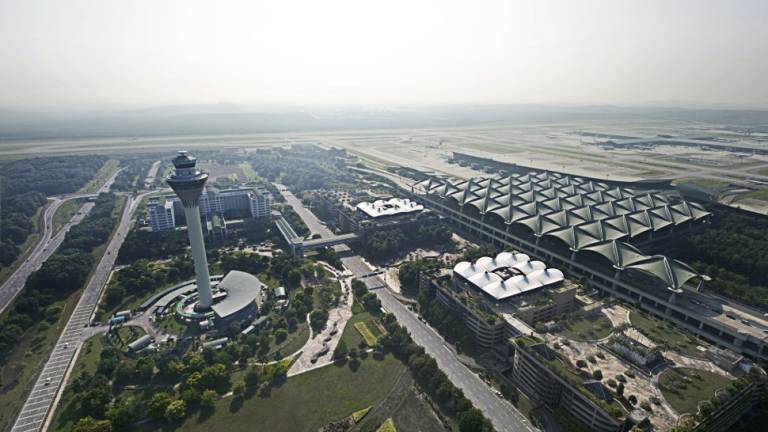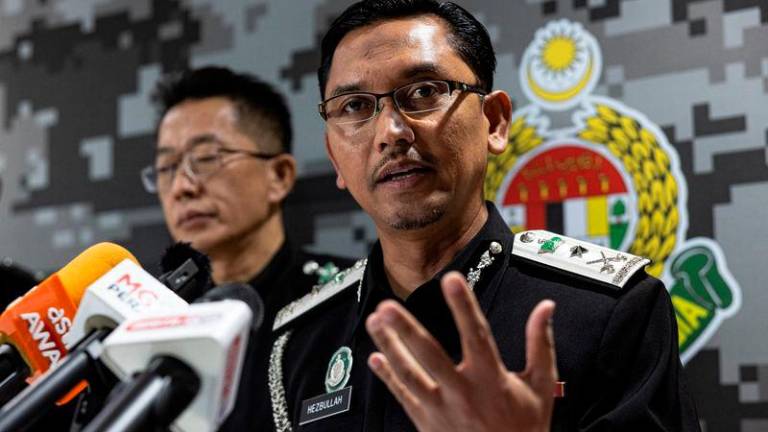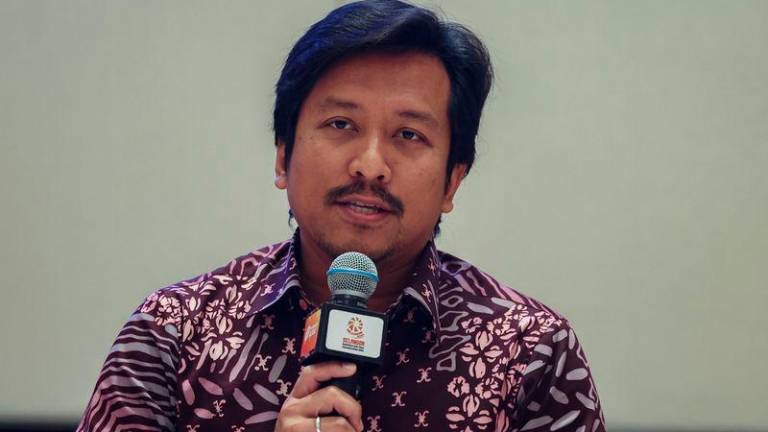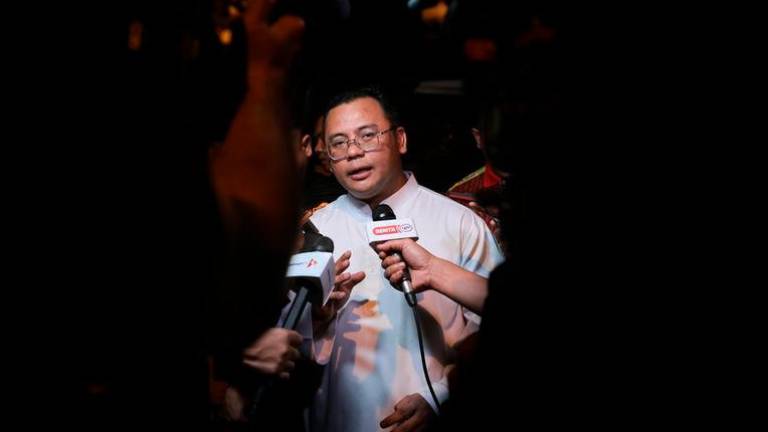KUALA LUMPUR: The government’s proposed merger of the Malaysian Aviation Commission (Mavcom) and the Civil Aviation Authority of Malaysia (CAAM) is unprecedented, according to Mavcom chief operating officer (COO) Azmir Zain.
He said repealing the Malaysian Aviation Commission Act 2015 may be simple, but creating a single regulator as a result of two merged entities is relatively complicated.
Azmir raised that the ministry needs to ensure that the single entity can function effectively with the right governance.
“It (ministry) needs to execute the merger properly and it should be thoroughly thought through. Mavcom is of the view that this would not be something light ... a lot of time and effort would be required to execute the merger,“ Azmir told theSun.
He added it is up to the ministry to clarify the timeline for the merger as it has set up a steering committee to review the merger but details from the ministry are scarce at this juncture. Mavcom was present during a meeting with the steering committee.
“Regardless of whether the merger takes place, and whether the Malaysian aviation industry ends up with a single or dual regulatory system, what is important is for the concerned entities to be independent and transparent, in terms of both financial independence and business plan.
“Mavcom is committed to being transparent and open about our operations in our financial reporting. Our financials for the 2018 fiscal year is already available in our website. It is clear that our surplus of RM483,394 will not make much of an impact in alleviating the financial state of CAAM,“ Azmir said.
Transport Minister Anthony Loke had stated that the Cabinet believes that the merger would empower CAAM financially as the aviation industry’s main regulator.
He said CAAM collects about RM120 million per year from fees imposed on the air industry and receives a RM200 million grant from the government for its upkeep, while Mavcom collects RM1 from every departing passenger for its operations.
Loke had also said one of the issues which led to the downgrade by the Federal Aviation Authority (FAA) was that CAAM does not have the financial capability to hire the best qualified technical personnel.
He said this move will then empower CAAM financially and get it back to Category 1 from the previous downgrade.
Last November, Malaysia was downgraded to Category 2 FAA, after CAAM failed the FAA’s aviation safety oversight audit.
Azmir said it would be entirely dependent upon CAAM as to how long it would take to regain Category 1 rating.
“It does in fact take quite some years for other countries that have been through similar situations,” he said.
He pointed out that Thailand lost its Category 1 rating in 2015 and it took them two years to regain it and it slipped into Category 2 status again in February 2019.
He said the FAA had downgraded Indonesia’s status to Category 2 in 2007, and only upgraded its aviation safety rating to Category 1 in 2016, nearly a decade later.
“As such, we are unsure as to how the proposed merger would assist in resolving this financial problem, given that Mavcom does not have sufficient funds to substantially assist the technical regulator,“ he added.










